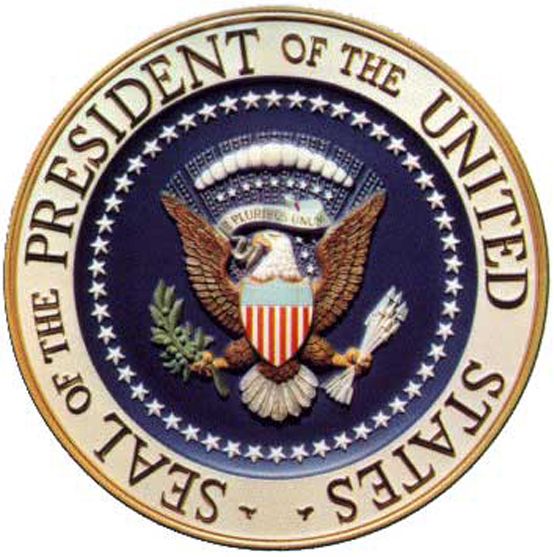The Constitution gives the United States president six, and only six, responsibilities. Today he has thousands of duties, overseen by mammoth bureaucracies.
Why? Because Congress has
piled massive responsibilities upon the American President.
Who should have stopped
Congress from doing this? We, the People should have.
Why didn’t we? We
weren’t paying attention!
The following is an
excerpt from my recently published book,
Promises of the
Constitution: Yesterday, Today, Tomorrow
which outlines the
duties of the chief executive. Organized into short, 1½ page vignettes, each
topic in Promises gives you a clear, simple explanation which can easily be
read in 3-5 minutes.
The following is from
section 10: The Constitution: Enforcing and Interpreting the Lawand it is
titled What the President Does.
The office of chief executive was originally intended to be one of limited responsibility, as the Constitution assigns only
six duties to the president. Over the last 225 years, the executive
office has changed dramatically.
Today, the president has thousands of duties connected to
hundreds of government departments. Innumerable current problems can be traced to this fact. The Founding Fathers feared that
enlargement of this office would tend to transform the president into a
king, and they tried to prevent it. By following their counsel and
constitutional system, we could have avoided massive bureaucracy and regulation, as
well as a monarchical president.
• Chief of state over all Americans, which now number over
330 million.
• Commander-in-chief over the military, which now numbers 3 million.
• Chief executive officer over the executive branch of
government. The president also appoints Supreme Court justices,
ambassadors, and consuls, who are then confirmed by the Senate.
• Chief diplomat in handling foreign affairs, with power to
enter into treaties with the consent of the Senate. If the treaty
involves commercial transactions, the House must also ratify it.
• Chief instigator of needed legislation. The president may
recommend but may not draft or lobby for legislation.
• Conscience of the nation in granting pardons or reprieves
when justice requires them, although he cannot pardon for
impeachment.
This represents a far cry from limited government and shows
what has gone seriously wrong.
The original system designed for America worked very well for over one hundred years.
We need it back.
See www.promisesoftheconstitution.com for further
information and samples of the book.
- Pam

No comments:
Post a Comment